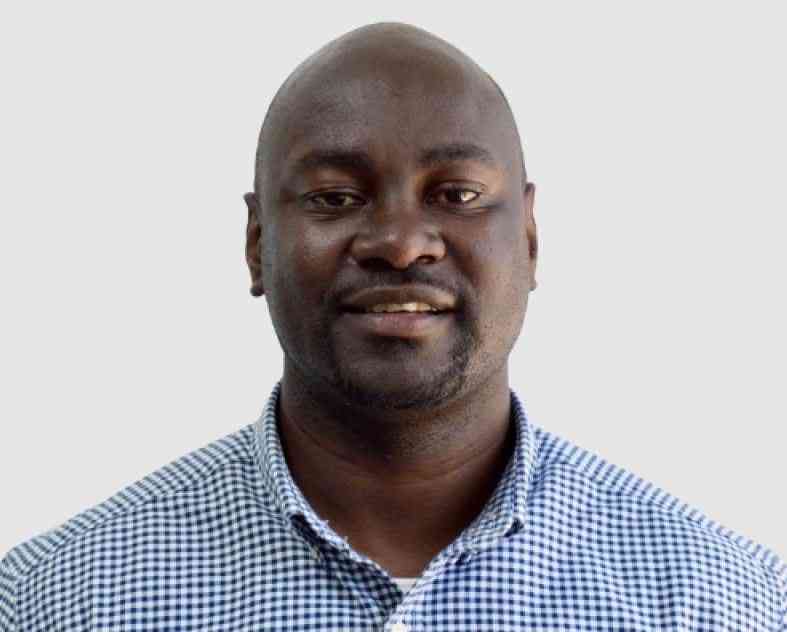The end of the HIV epidemic has never been closer, yet it still feels distant for many of the world’s most vulnerable. The announcement last month that the drug lenacapavir would be available for just $40 per patient, per year in up to 120 low-and middle-income countries starting in 2027 was promising.
Public health experts see it as “the next best thing” to an HIV vaccine. It’s hard to overstate the potential here. An estimated 44 million people worldwide have died from Aids-related illnesses since the 1980s, with countries like Kenya among the hardest hit.
The global community had once set a goal of ending HIV as a public health threat by 2030, but spending remained too low to meet the targets, and the dramatic end of US foreign aid seemed to put it even further out of reach.
Now we have a second chance with the introduction of this powerful new drug. Just one shot every six months can disrupt the virus’s life cycle, serving as both prevention and treatment for those who are already infected.
Follow The Standard
channel
on WhatsApp
New pharmaceuticals often take many years to reach high-poverty communities, and it can be especially challenging for people in these circumstances to follow a strict daily pill routine. The fact that lenacapavir will be available soon and requires just two shots to work effectively means it could be a game-changer, especially when combined with other efforts to promote oral PrEP and condoms. But there are still a lot of questions.
In Kibera residents usually live on less than $3 a day. This means they would need to pay nearly a month’s salary for just two shots. That’s just not affordable.
The only way these shots will reach the right people, then, is with help from governments and nonprofits, though we don’t know yet what form that will take here in Kenya. At CFK Africa, where 1,400 HIV patients receive treatment at our health facilities in Kibera, we are exploring how to acquire and distribute lenacapavir to as many of our patients as possible.
Another risk is ensuring that the people who need the shot most trust medical professionals enough to get it. During the coronavirus pandemic, we were especially concerned about false rumours about the vaccine spreading rapidly through informal settlements like Kibera.
We responded by training our community health volunteers to educate their friends and neighbours about the vaccine’s effectiveness and importance.
As Western pharmaceutical companies, governments, and NGOs work to share this medical breakthrough on HIV with countries in Africa and Asia, and in other parts of the world, they must find local partners trusted by the community.
In transportation, there is a common issue called the “last-mile problem,” where a package can be delivered across the country more easily than from the distribution centre to a single house on a winding road.
We face a similar challenge in public health. A miracle drug from the other side of the world can more easily reach a government building in Nairobi, but delivering it from there to a resident of Kibera, a distance away, requires a more strategic, hands-on, community outreach effort.
Given the urgent needs in our communities, those of us working in public health in Africa are advocating for fast-tracked approvals, clear distribution plans, and immediate training of healthcare workers as immediate priorities. Early preparedness can prevent delays that have historically slowed access to new public health advances and technologies.
Mr Okoro is Chief Executive Officer of CFK Africa
Follow The Standard
channel
on WhatsApp
By Jeffrey Okoro
